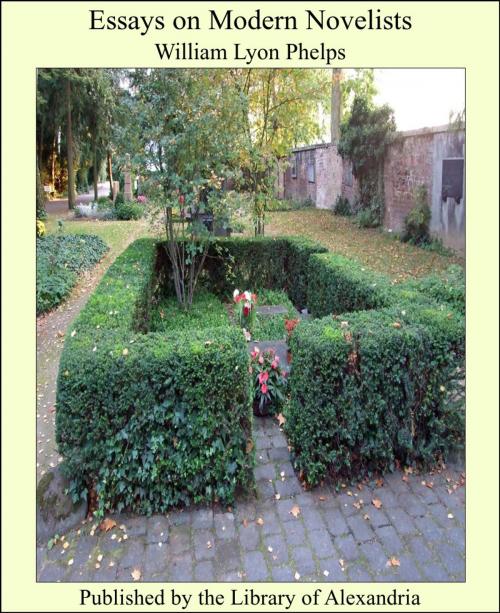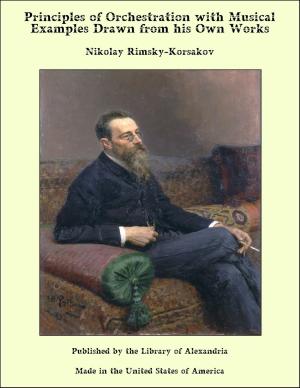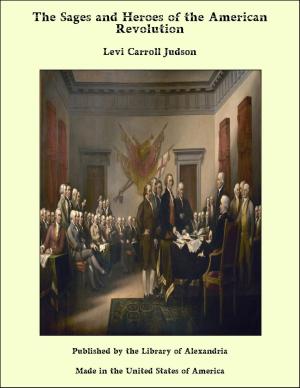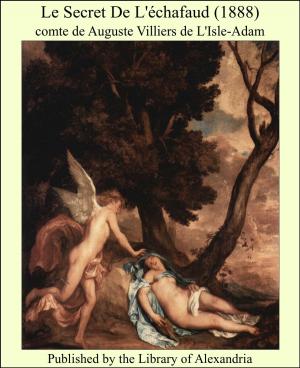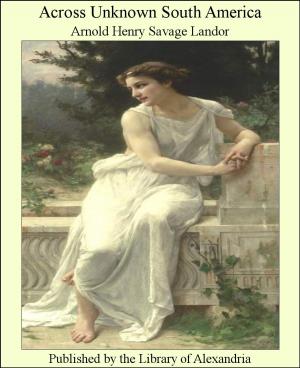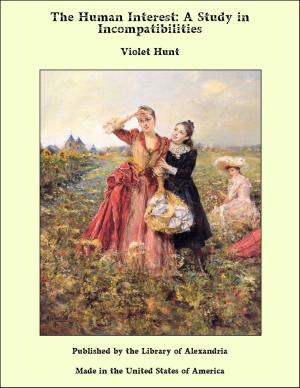Essays on Modern Novelists
Nonfiction, Religion & Spirituality, New Age, History, Fiction & Literature| Author: | William Lyon Phelps | ISBN: | 9781465511409 |
| Publisher: | Library of Alexandria | Publication: | March 8, 2015 |
| Imprint: | Language: | English |
| Author: | William Lyon Phelps |
| ISBN: | 9781465511409 |
| Publisher: | Library of Alexandria |
| Publication: | March 8, 2015 |
| Imprint: | |
| Language: | English |
WILLIAM DE MORGAN "How can you know whether you are successful or not at forty-one? How do you know you won't have a tremendous success, all of a sudden? Yes--after another ten years, perhaps--but some time! And then twenty years of real, happy work. It has all been before, this sort of thing. Why not you?" Thus spoke the hopeful Alice to the despairing Charley; and it makes an interesting comment on the very man who wrote the conversation, and created the speakers. It has indeed "all been before, this sort of thing"; only when an extremely clever person, whose friends have always been saying, with an exclamation rather than an interrogation point appended, "Why don't you write a novel!" ... waits until he has passed his grand climacteric, he displays more faith in Providence than in himself. All of which is as it should be. Keats died at the age of twenty-five, but, from where I am now writing, I can reach his Poetical Works almost without leaving my chair; he is among the English Poets. Had Mr. De Morgan died at the age of twenty-five? The answer is, he didn't. I am no great believer in mute, inglorious Miltons, nor do I think that I daily pass potential novelists in the street. Life is shorter than Art, as has frequently been observed; but it seems long enough for Genius. Genius resembles murder in that it will out; you can no more prevent its expression than you can prevent the thrush from singing his song twice over. Crabbed age and youth have their peculiar accent. Keats, with all his glory, could not have written Joseph Vance, and Mr. De Morgan, with all his skill in ceramics, could not have fashioned the Ode on a Grecian Urn. Sir Thomas Browne, who loved miracles, did not hesitate to classify the supposed importance of the grand climacteric as a vulgar error; he included a whole quaint chapter on the subject, in that old curiosity shop of literature, the Pseudodoxia Epidemica.
WILLIAM DE MORGAN "How can you know whether you are successful or not at forty-one? How do you know you won't have a tremendous success, all of a sudden? Yes--after another ten years, perhaps--but some time! And then twenty years of real, happy work. It has all been before, this sort of thing. Why not you?" Thus spoke the hopeful Alice to the despairing Charley; and it makes an interesting comment on the very man who wrote the conversation, and created the speakers. It has indeed "all been before, this sort of thing"; only when an extremely clever person, whose friends have always been saying, with an exclamation rather than an interrogation point appended, "Why don't you write a novel!" ... waits until he has passed his grand climacteric, he displays more faith in Providence than in himself. All of which is as it should be. Keats died at the age of twenty-five, but, from where I am now writing, I can reach his Poetical Works almost without leaving my chair; he is among the English Poets. Had Mr. De Morgan died at the age of twenty-five? The answer is, he didn't. I am no great believer in mute, inglorious Miltons, nor do I think that I daily pass potential novelists in the street. Life is shorter than Art, as has frequently been observed; but it seems long enough for Genius. Genius resembles murder in that it will out; you can no more prevent its expression than you can prevent the thrush from singing his song twice over. Crabbed age and youth have their peculiar accent. Keats, with all his glory, could not have written Joseph Vance, and Mr. De Morgan, with all his skill in ceramics, could not have fashioned the Ode on a Grecian Urn. Sir Thomas Browne, who loved miracles, did not hesitate to classify the supposed importance of the grand climacteric as a vulgar error; he included a whole quaint chapter on the subject, in that old curiosity shop of literature, the Pseudodoxia Epidemica.
